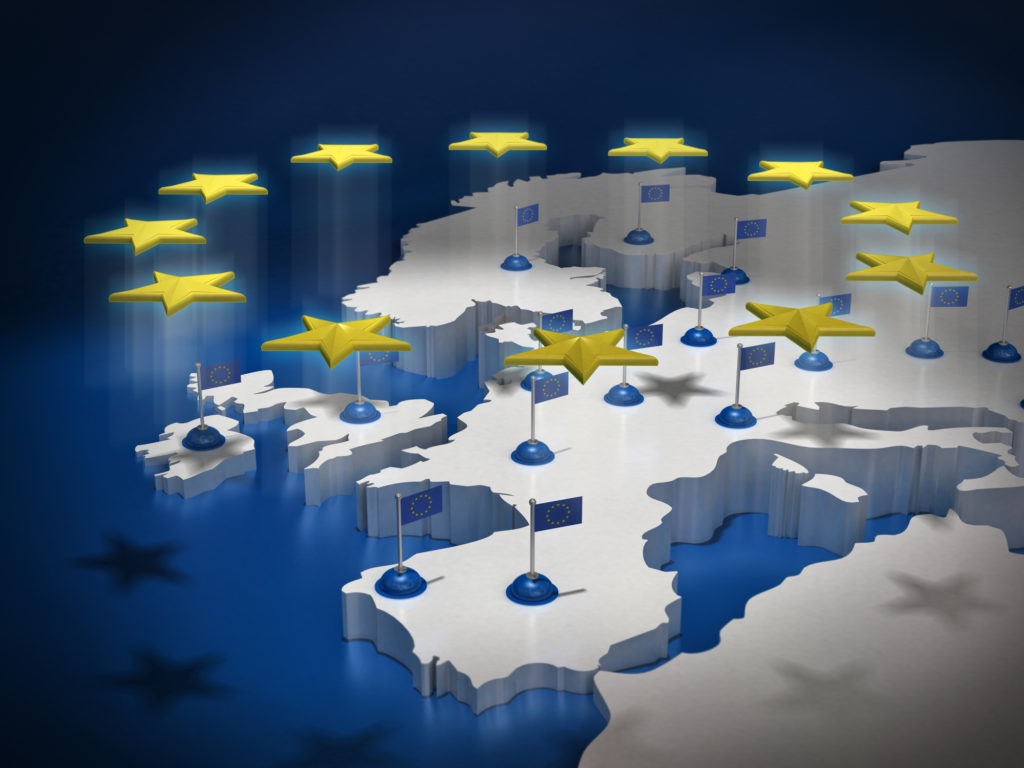Financial implications of leaving EU highlighted as Queen’s speech reveals Brexit bills
21 June 2017

21 June 2017
Vehicle manufacturer Honda has warned that any departure from the EU’s customs union would push up costs for small and medium-sized parts suppliers, which could see the UK supply chain seize up.
Ahead of the Queen’s Speech and official opening of parliament, Ian Howells, Honda’s European senior vice president, told the delegates at the SMMT International Automotive Summit that the company had discovered more complexity and cost as it delved further into the impact an exit from the union would have on Britain’s automotive industry.
Howells says: ′Leaving the customs union will only imply extra costs to SMEs. The administrative costs become prohibitive. Put very simply the supply chain will start to seize up with obvious impacts on our ability to manufacture vehicles efficiently.’
The SMMT has said the UK needed to retain the right to approve vehicles for use in the European Union, maintain passport rights for automotive finance firms and have access to EU trade deals with nations such as Japan.
There have been several calls for the government to protect the rights of the automotive industry in Brexit negotiations. Speaking in March when Article 50 was triggered, SMMT Chief Executive Mike Hawes commented: ′This has started a race against time to secure a deal that safeguards the future of the UK automotive industry. The UK needs certainty in our relationship with our biggest market, tariff-free and open borders so products, parts and investment can flow freely, and continued influence over the regulation that governs the vehicles we build and drive.’
The EU is the UK’s biggest trade partner, with 50% of cars and 90% of commercial vehicles built in the country bought by drivers on the continent. The EU also represents 80% of the UK’s motor vehicle import volume, worth a total of €42 billion, seeing seven out of every ten cars sold in the country coming from EU plants.″¯
Sigrid de Vries, secretary general of CLEPA, speaking at a conference on Article 50, added: ′Costs will have to be recovered if tariffs are imposed and that will impact suppliers, manufacturers and also car buyers. The sticker price will go up and that will affect demand, profitability and jobs. Therefore tariff free access should continue.’″¯
While Toyota has announced extra investment at its UK plant, PSA Group has stated it would increase its British presence in a ′hard’ Brexit and Nissan has received assurances and backing from the UK Government, Honda has struggled with its UK facilities, especially following the announcement that the company’s new CR-V model would be built in Japan. However, with a 40% rise in exports from its Swindon plant to the US, the company has announced that the facility remains profitable thanks to its new export plan.
In the Queens Speech, the government announced the Customs Bill, which will ensure amongst other things that the UK has a standalone customs regime on exit from the European Union, with flexibility to accommodate future trade agreements with the EU and others, with control over the import and export of goods. This means that the country will be looking to leave the EU customs union as soon as Brexit talks are complete in two years’ time.
The speech also set out plans for a new Automated and Electric Vehicles Bill, which extends compulsory motor vehicle insurance to cover the use of automated vehicles, to ensure compensation claims continue to be paid quickly, fairly and easily, in line with longstanding insurance practice. It also allows the government to require the installation of charge points for electric vehicles at motorway service areas and large fuel retailers, and to require a set of common technical and operational standards. This will ensure charge points are convenient to access and work seamlessly right across the UK.